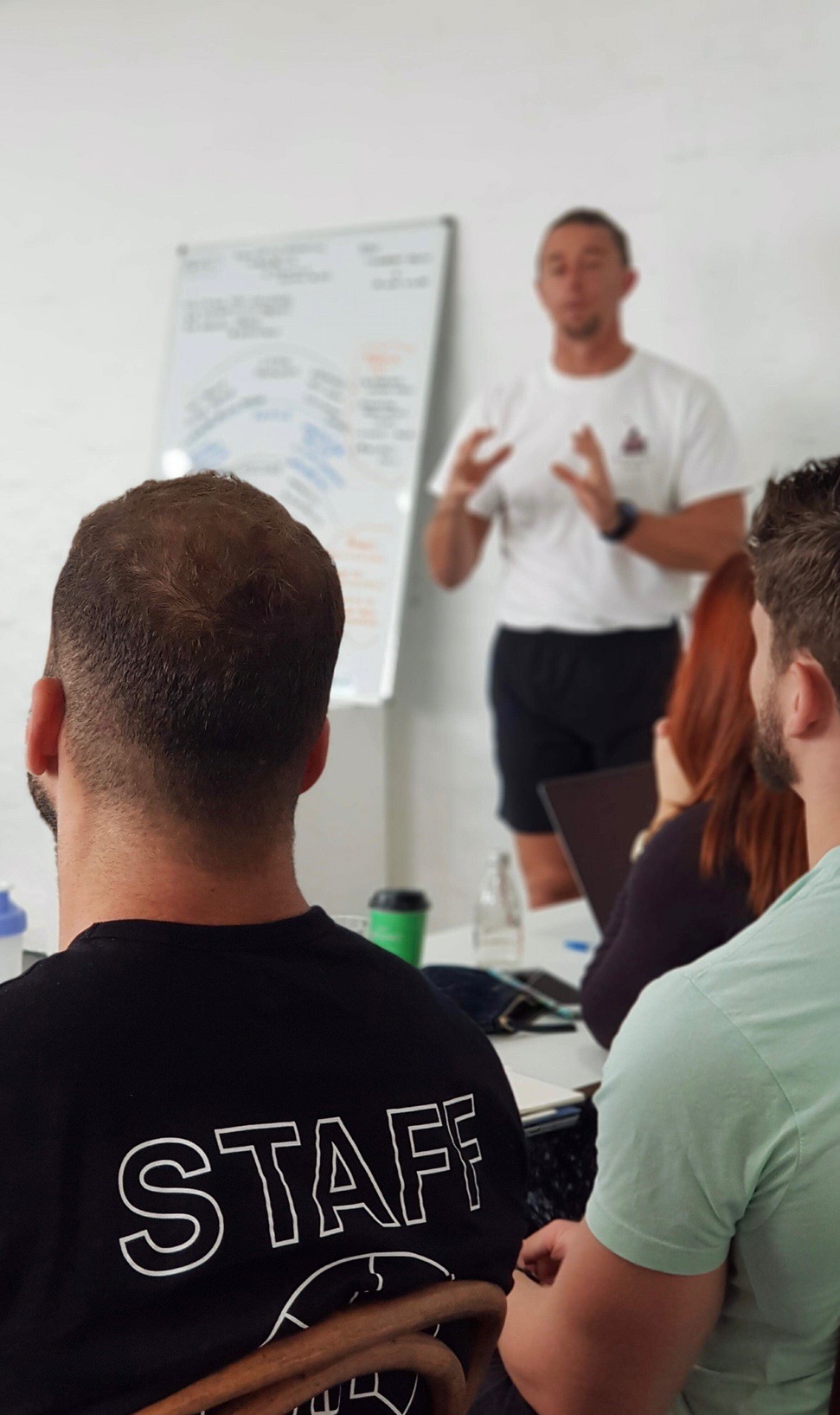Players, Passengers, and Prisoners
An important framework emerged in a conversation a mentor of mine, Nicole Schneider, had with the CEO of a global leader in coffee about management. The CEO in question built a career on being brought into the C-suite to save companies in turmoil.
Curious about his processes, my mentor asked the CEO, “When you come into a dire situation like that and you’re new to the company, how do you decide who gets fired?” Naturally, in situations like these layoffs are a critical life saving move for a company on its deathbed. What he said next will stay with me forever.
Players
“There are three kinds of people in a company,” he said. “First, there are the players.” The players are essentially the men and women that get things done. They are not only remarkably good at what they do, but they take initiative. They don’t need hand holding, they are committed, and they are ultimately accountable. These people are rare and it’s the players that allow companies to win.
Passengers
These are the employees that are along for the ride. They do their job, but do so reluctantly. They need to be told what to do incessantly and will do the bare minimum as to not lose their jobs. While they aren’t sure what their reason for being there is, they haven’t found a better solution so they stay hurting morale and the bottom line.
Prisoners
The prisoners come in two forms: former players and former passengers. These are men and women that have checked out and have become victims to their circumstance. Dwelling in their own unhappiness, these prisoners can be particularly damaging if they are charismatic and can muster a following of other prisoners to rally rebellion against the mission of the organization.
What to do about it?
“I immediately fire two kinds of people. The first to go are the passengers and the second to go are the prisoners who used to be passengers,” he continued confidently. “The prisoners who are former players are toxic, but in their current role. I move them to a new department or into a new work structure to tap into their player abilities to see who they choose to become.”
This CEO’s clear framework felt not only logical but also extremely concise. It’s clear to him and clear to anyone else who is ultimately responsible of the success or failure of a business that it doesn’t pay to be along for the ride. The market is ruthless in nature and the cancerous lack of contribution from passengers just won’t cut it in competition against people who are committed to being players.
—-
Logan Gelbrich
@functionalcoach
—-

